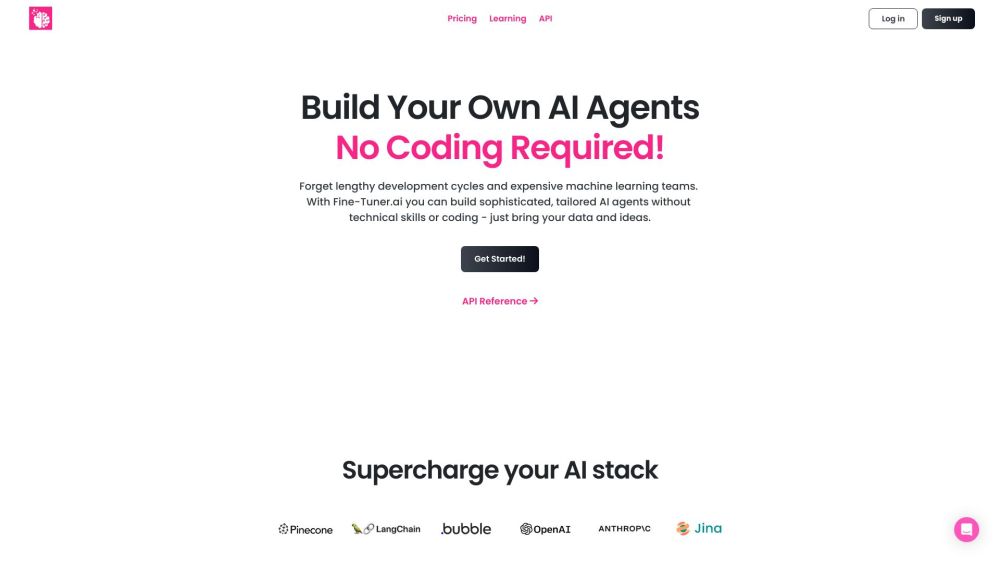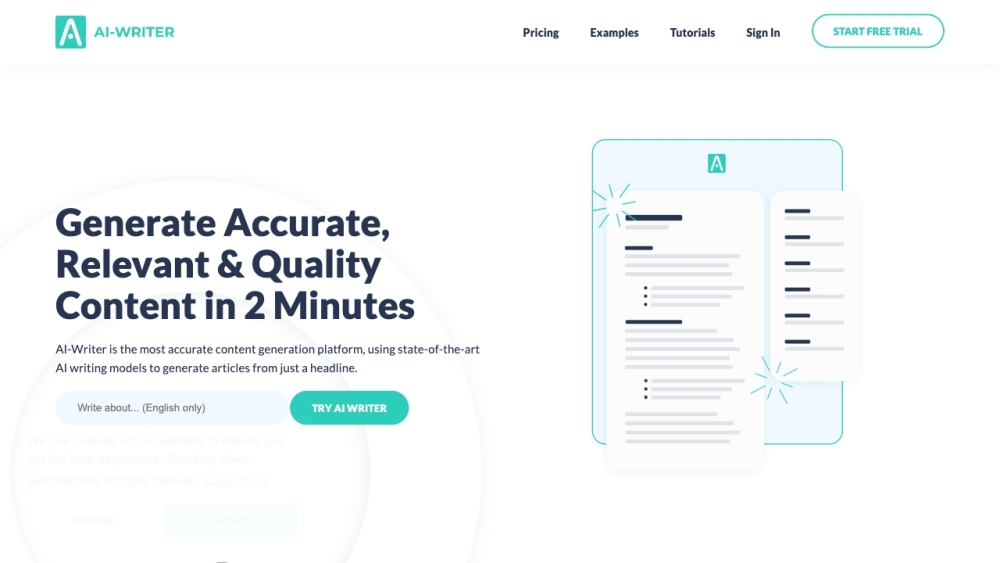LinkedIn's AI Training Practices: What You Need to Know
LinkedIn appears to have trained its AI models using user data without properly updating its privacy terms. Users in the U.S.—but not in the EU, EEA, or Switzerland, likely due to stricter data privacy regulations—can find an opt-out option in their settings. This feature reveals that LinkedIn utilizes personal information to train “content creation AI models.” While the option itself isn't new, reports from 404 Media indicate that LinkedIn did not initially update its privacy policy to reflect this data usage.
Although the terms of service have now been revised, such changes typically occur before significant updates, allowing users the choice to modify their accounts or exit the platform. Unfortunately, this standard procedure seems to have been overlooked this time.
So, what specific AI models is LinkedIn developing? According to a company Q&A, LinkedIn is training its own models that focus on writing suggestions and post recommendations. However, it also mentions that generative AI models might be developed in collaboration with another provider, like its parent company, Microsoft.
“In line with our platform’s features, we collect and process data about your usage, which includes personal data,” the Q&A states. “This data collection could encompass your interactions with generative AI features, your posts, article activity, frequency of LinkedIn use, preferred language, and any feedback submitted to our teams. We utilize this data to enhance or develop LinkedIn services, in accordance with our privacy policy.”
Previously, LinkedIn informed media that it applies “privacy-enhancing techniques,” such as redacting and removing sensitive information, to limit personal data in datasets used for generative AI training.
To opt out of LinkedIn’s data scraping practices, navigate to the “Data Privacy” section in the LinkedIn settings menu on desktop. Click “Data for Generative AI improvement,” and toggle off the “Use my data for training content creation AI models” option. A more comprehensive opt-out can be attempted via a provided form, but LinkedIn cautions that this does not retroactively affect already completed training.
The nonprofit Open Rights Group (ORG) has urged the U.K.’s Information Commissioner’s Office (ICO) to investigate LinkedIn and similar social networks that default to processing user data. Recently, Meta also announced its plans to resume scraping user data for AI training following discussions with the ICO to simplify the opt-out process.
“LinkedIn represents yet another social media platform processing our data without obtaining explicit consent,” stated Mariano delli Santi, ORG’s legal and policy officer. “This opt-out model is inadequate for protecting user rights: it’s unreasonable to expect the public to track every online company exploiting our data to train AI. Opt-in consent is not only a legal necessity but also a fundamental principle.”
Ireland’s Data Protection Commission (DPC), the agency overseeing GDPR compliance, confirmed that LinkedIn informed them of forthcoming clarifications to its global privacy policy.
“LinkedIn communicated that the updated policy would include an opt-out setting for users who wish to prevent their data from being used for training content-generating AI models,” a DPC spokesperson said. “However, this opt-out is not available to EU/EEA members, as LinkedIn is not currently using data from these regions for model training.”
The increasing demand for data to train generative AI models has prompted various platforms to repurpose or monetize their extensive collections of user-generated content. Notable examples include Automattic (owner of Tumblr), Photobucket, Reddit, and Stack Overflow, all of which are now licensing data to AI developers. However, not all have made the opt-out process straightforward. For instance, when Stack Overflow announced its licensing plans, many users deleted their posts in protest, only to find those posts restored and their accounts suspended.




